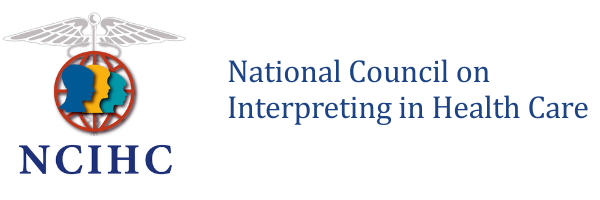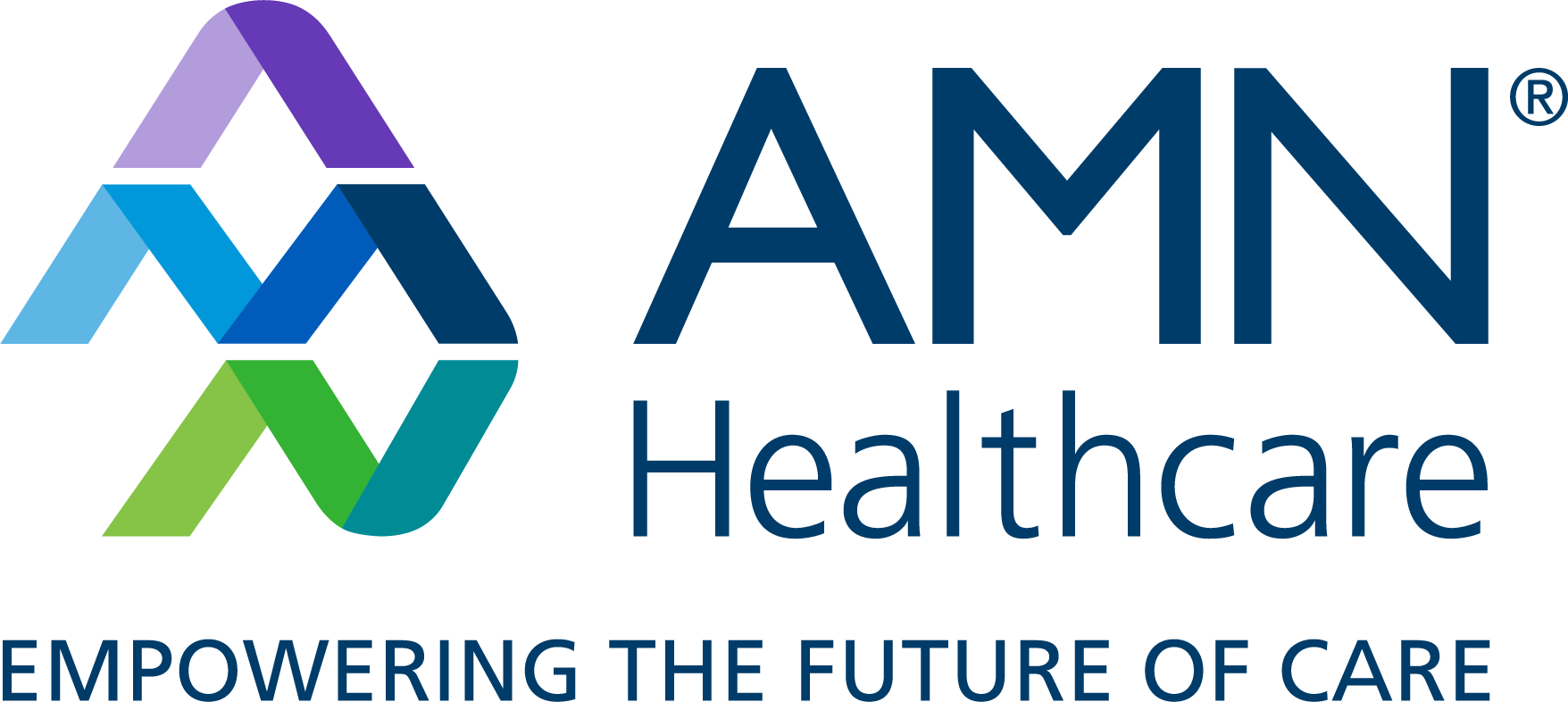I started working on issues related to language access as part of my work at MCIS Language Solutions, a non-profit language services organization based in Toronto, Canada. My interest was first meaningfully sparked while I was working as a translation project coordinator and started noticing the inequity in terms of access to services and the quality of services depending on the language involved. I did not have the vocabulary back then that I do today, so I couldn’t talk about linguistic injustice and linguistic discrimination, but I could definitely feel it. I was, back then, coordinating a lot of translations of supporting evidence for refugee claims, and came across many different language needs, sometimes languages I had never heard of. I saw hundreds of different languages with a need for translation, and no qualified/certified translators in those languages, nor opportunities for speakers of those languages to become qualified. It was truly painful to see how the language of your documents determined the quality and even availability of service when what was at stake was sometimes genuinely a matter of life and death. My interest grew from there, by trying to find solutions to these issues, and I think that early experience shaped the course of my work afterward, leading me eventually to being part of the group that founded the Global Coalition for Language Rights.
What is GLAD? Why did it start?
GLAD stands for Global Language Advocacy Day and it’s an initiative of the Global Coalition for Language Rights – GCLR. The GCLR was established in 2020 and it is a group of organizations and individuals working at the intersection of languages and human rights. It’s an informal network of language rights advocates that have come together as a global community of practice to support language rights for all people.
GLAD started last year, in 2022. Inspired by the 40 years of advocacy for language justice by the Joint National Committee for Languages (JNCL) in the United States and the Canadian Language Advocacy Day Initiative run by the Language Access Coalition of Canada, the members of the Global Coalition for Language Rights decided to try to bring the conversation to a global level. That is how the concept for GLAD was born.
GLAD is an event meant to bring together language rights advocates around the world for a coordinated day of action, raising awareness and engaging in conversations about the importance of language rights and linguistic justice. This year’s theme is Language Rights Save Lives and so a lot of the events and activities focus on exploring this from multiple perspectives.
How can other people reading this get involved?
The best way to get involved this year is to join the various events and activities organized on and around February 22, 2023. We have a wide range of live and recorded events and activities, from panel discussions to documentary screenings, a book launch, and multiple publications, so there is sure to be something of interest for everyone. You can check our website for a full schedule of events. In addition, we are planning campaigns on social media and people who are interested are welcome to join the conversations on Facebook, LinkedIn, Twitter, or Instagram to explore what language rights are, what they mean, and how they can save lives.
What is your ultimate vision for language access on a global scale?
The vision of the Global Coalition for Language Rights is “Language rights for all people.” Language access is a big part of that, of course, and we believe that everyone should be able to access critical information and services in their own language, regardless of the language they speak or sign. We believe in language rights as foundational to upholding all other human rights. We also see language as a key element in progressing any issue related to social justice. I find it hard to talk about an ultimate vision because the work is so vast, and touches on so many critical areas, such as education, human rights, sustainable development, the environment and so on, but I think that one common element is seeing language included in all conversations on these global issues as a critical factor. The vision of what is meaningful to every community can then emerge from there and should be led by the linguistic communities themselves.
How can people learn more about GLAD? How do they get in touch with you?
Information about #GLAD23 is available on our website: https://www.coalitionforlanguagerights.org/glad23
Those interested in joining the Global Coalition for Language Rights can express their interest here: https://www.coalitionforlanguagerights.org/join
And you can follow us on Facebook, LinkedIn, Twitter, and Instagram
You can also email us at: [email protected]


